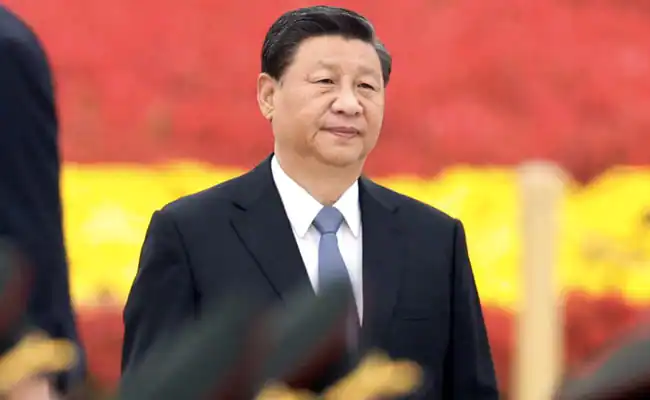A recently released report by the US.-based think tank Freedom House discloses that China made consistent and strategic efforts between 2019-21 to expand its territory and simultaneously suppress critical reporting. Out of the 30 democracies that the report examined, 18 countries admitted that China made determined efforts to influence their domestic media. These pressuring techniques include intimidating media houses and journalists, providing content to these media outlets, controlling the flow of information and also achieving a strong hold in content distribution platforms. The report also brings to light some of the cyber bullying attempts by China to threaten the journalists abroad publishing critical pieces.
With every passing day, China’s increasing economic, political and military might with an intention to replace the current West-led liberal world order is raising concerns across the globe. Arguably, the U.S.-China rivalry is in the full pace especially in the realm of the Indo-Pacific. The constant contest for the technological prowess and dominance is also one of the key areas where Beijing is paying close attention. Amongst all these, one of the often under looked facets of China’s efforts for the global dominance is the utilisation and weaponisation of the media in both home and abroad to influence perceptions and project a solid soft power.
Although China has always been spreading disinformation throughout history, it took the game to a next level during the Covid-19 pandemic. Chinese mouthpiece Global Timeseven went on to blame Italy for the spread of the pandemic outbreak. Twitterremoved 23,000 odd accounts in June 2020 that were accused of spreading false information that could benefit Chinese Communist party.
For decades, China’s approach to shape its image has been largely defensive and considerably reactive with the target audience being the Chinese citizens. Few of these endeavours include disappearance of content, foreign magazines with missing pages, and flickering of screens to black when broadcasters like BBC would run sensitive stories such as Tibet, Taiwan or even the Tiananmen massacre of 1989. However, in the recent times, China has launched a more assertive and focused strategy which encompasses the international audience as the primary objective. As part of these efforts, China is pumping huge sums of money to reshape the global information environment, advertorials, sponsored journalistic coverage and heavily massaged positive messages from boosters.
This strategy seems to be achieving good success. According to an international survey conducted by International Federation of Journalists in 2020, China took significant leverage of the pandemic period to boost its image in the global media coverage. Statistics show that Chinese supported presence in the media ecosystems in the foreign countries went up 76 per cent as compared to the earlier 64 percent. Survey also highlighted that almost 80 per cent countries reported their concerns given China’s ‘interventionist’ approach and disinformation campaign.
According to Bloomberg, China invested a whopping amount of US$ 2.8 billion to strengthen its global media presence between the decade of 2008-18. Some of the facets of this media strategy by China include exchange programmes for foreign journalists, training exercises, and regular discussions with both domestic as well as foreign media. Apart from this, Beijing used back door tactics like providing state media content free of charge, paying for huge portions in the newspapers and undertaking cooperation agreements with media houses in China.
Africa is one of the worst hit continents in terms of Chinese media hedging. Lesser stable democracies and institutions along with poor financing prove to be a fertile ground for Chinese propaganda. When US Speaker Nancy Pelosi visited Taiwan in August 2022, the African media outlets ran an intensified pro-China narrative and heavily used pro-China sources for the same.
But given all these scenarios, the reality seems to be different. The global perceptions of China continue to deteriorate especially post-2019. The human rights atrocities committed by China in restive Xinjiang province, suppression of protests in Hong Kong and the Covid-19 pandemic have decisively revered the situation for China.
Taking into consideration the above developments, one of the key takeaways is that China is employing every tool and strategy at its disposal to widen the horizon of its influence in terms of not only the hard power but soft power as well. Beijing is well aware of the role played by perceptions in the current information age and it is making sure to use both carrot and stick to sway the tide in its favour. But as the democratic countries are already aware of this discourse, there is still room to alter this propaganda. There are many ways by which the journalists and media houses from the free world can expose the vicious agenda run by Beijing to spread false information and self-promotion of the justification of its actions as well as motives. Consolidated efforts and spreading awareness about this self-centred campaign rolled out by China can lead to a better picture in the near future.

